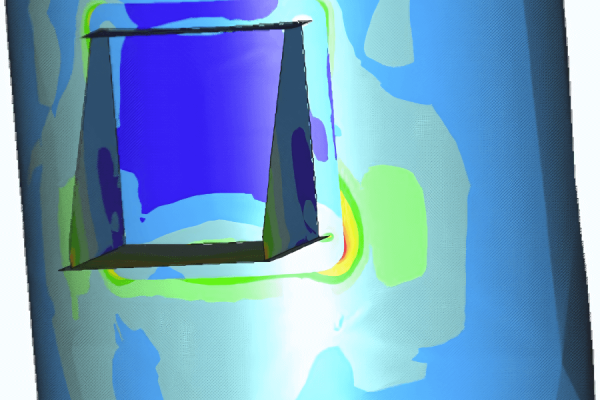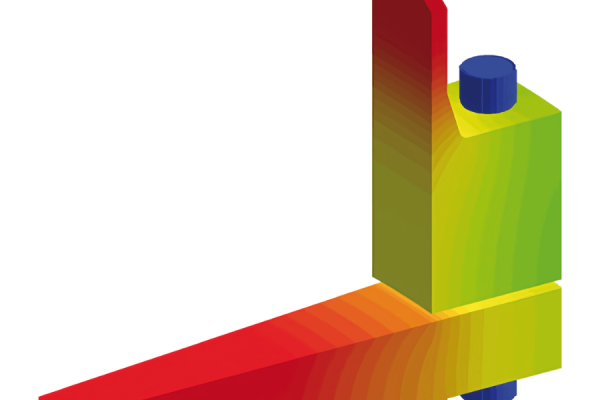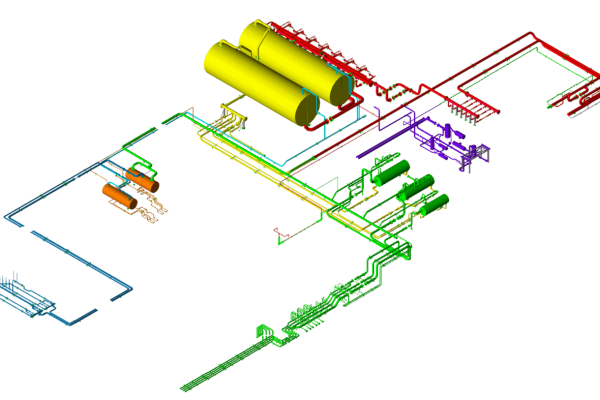From March 20th until March 24th, Dynaflow Research Group will collaborate with the Numerical Analysis group of the Department of Applied Mathematics at Delft University of Technology (TUD) to organize the Practical Introduction to Parallel Programming Course.
Graduate School on Engineering Mechanic
Our Software Director, Dr. ir. Erik Jan Lingen, will lecture this course together with Dr. rer. nat. Matthias Möller of the Department of Applied Mathematics TUD. This Practical Introduction to Parallel Programming Course is part of a 2-year cycle in the Graduate School on Engineering Mechanics course program. This course will be offered every other year in this program. The EM Graduate School embraces all internationally important research groups that are active in the field at Eindhoven University of Technology, Delft University of Technology and at the University of Twente.
The course
This course is a practical introduction to parallel programming. The course explains the basic concepts of programming for parallel computers and focuses on the two common parallel programming models: the message passing model in combination with MPI, and the shared memory model in combination with both OpenMP and (POSIX) threads. You will learn how to divide a set of computations into parallel tasks; how to coordinate the execution of those tasks; how to transfer data between the tasks; and how to resolve dependencies between the tasks. The course mixes theory with practical, hands-on exercises. These exercises enable you to apply newly learned knowledge in smaller and larger contexts, and thus provide an opportunity to really understand different aspects related to parallel programming. Some of the exercises involve implementing the same algorithm with different programming models so that the differences between those models become more apparent.
After completing the course, you should be able to design and implement parallel algorithms using a programming model that provides the best match with the algorithm and the target hardware. You should be able to assess the performance of the implementation and solve all kinds of practical problems that will pop up during the implementation of the algorithm.
The course has an informal character with ample opportunity for discussions with the lecturers and other participants. Experience with the C programming language is required.
Contact and Information
For more information regarding this course or to register, please DOWNLOAD the brochure or visit this website.
Dynaflow Research Group also conducts a yearly C++ Programming training course. On-demand we also provide Advanced Programming C++ training courses.
Iris Joele
DRG Training
+31 85 058 00 46






